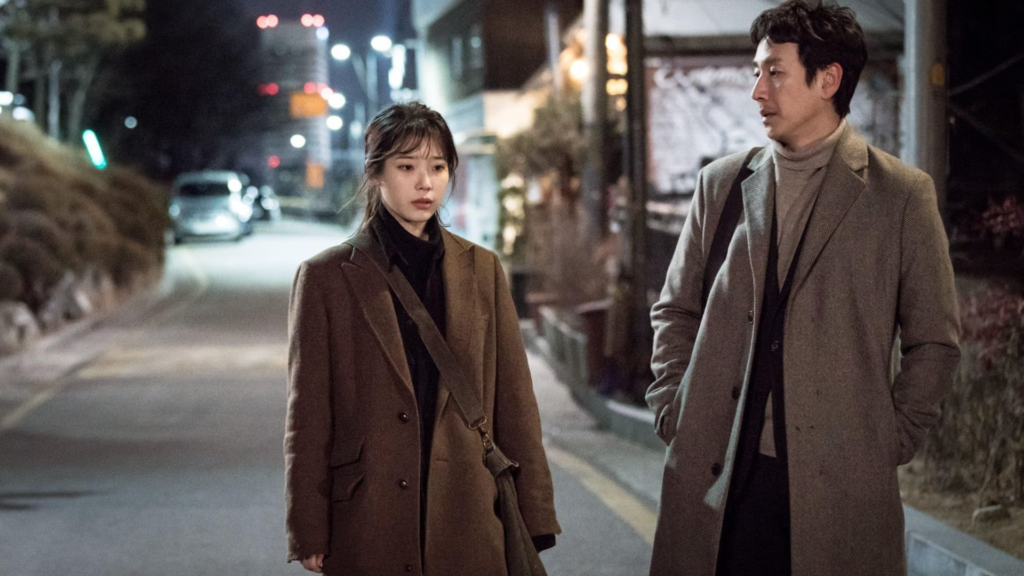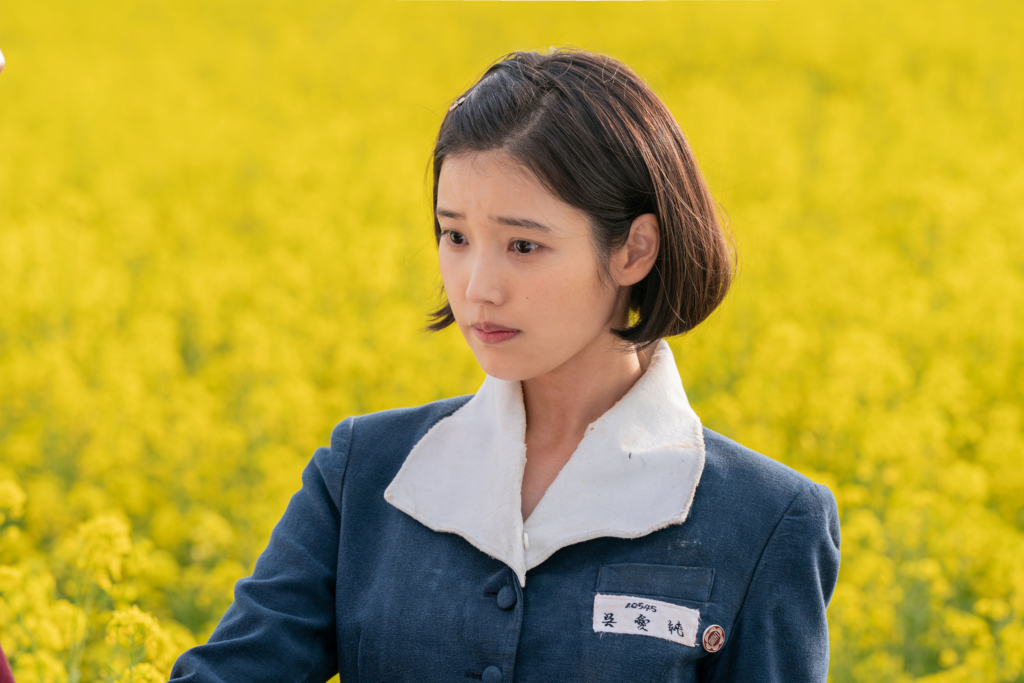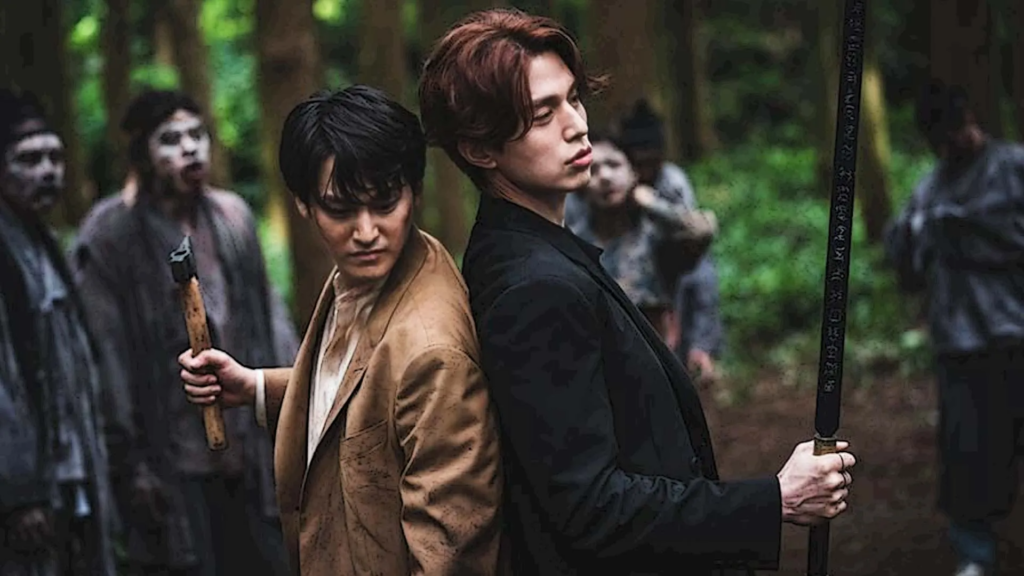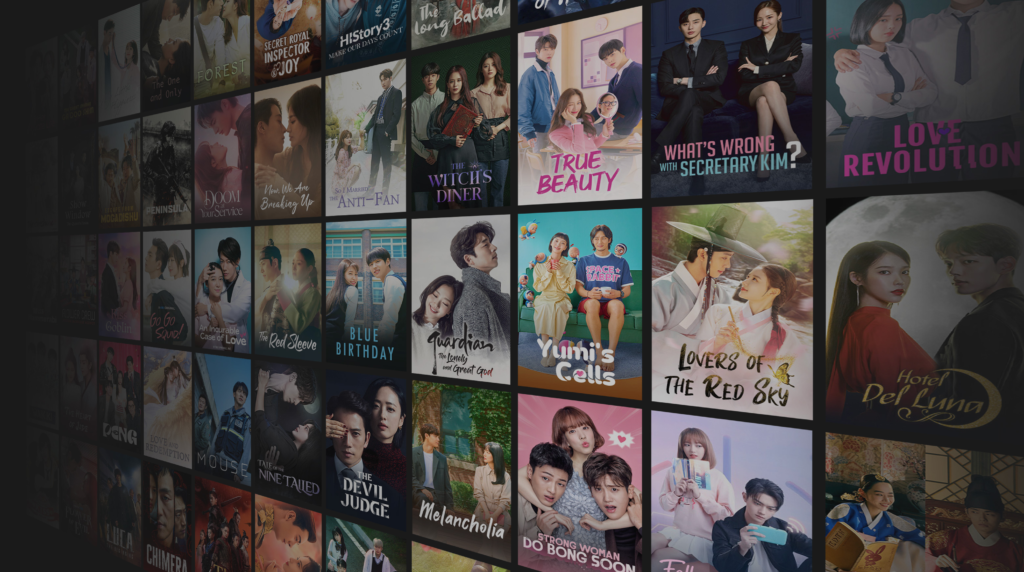Let’s be real: if you’re a Desi and haven’t been pulled into the whirlpool of Korean dramas at least once, are you even online? Whether it’s through a heart-fluttering clip on Instagram, or your friend (me) emotionally blackmailing you to watch Crash Landing on You—it happens. And suddenly, you’ve binged an entire season, memorized random Korean phrases, and you’re dreaming of kimchi stew and soft-spoken men with emotional damage. So let’s figure it out, Desi Love for Korean Dramas, it’s a real thing,
The Emotional Relatability Factor Fuels Desi Love for Korean Dramas

Here’s the thing—Desi love for Korean dramas isn’t just a trend, it’s an emotional connection. We grew up watching soap operas with melodrama, intense romantic pining, and slow-burn storylines. K-dramas just do it better (sorry, Indian TV). They offer that same emotional depth, but with nuanced characters and a stronger aesthetic.
Ever found yourself yelling at the screen because two characters still haven’t confessed after 14 episodes? Yeah, same. But we keep watching because it’s not just about romance—it’s about healing, growing, and a bit of delulu fantasy. And let’s be honest, some of us are there for the tragic backstories and trauma bonding.
And who can ignore the girl-next-door or the hardworking female lead finally getting noticed by the emotionally scarred CEO? That tension builds up like a pressure cooker. It hits close to home, and somehow, it’s comforting.
Soft Boys > Toxic Heroes

Listen, Desi TV gave us years of angry, brooding male leads with control issues. K-dramas? They said, “Let’s try therapy.” Desi love for Korean dramas stems from how refreshing it feels to see male leads who aren’t just soft on the outside but emotionally vulnerable too. They cook, they clean, they cry—WE LOVE TO SEE IT.
Also, the emotional tension? Delicious. There’s no rushing. Just stolen glances, accidental hand brushes, and that one elevator scene that breaks you emotionally. You know the one.
It’s not about speed. It’s about simmering affection that eventually boils over into heartfelt confessions and swoon-worthy kisses. Compared to the chaos of Desi drama timelines, K-dramas let the love breathe.
Visual Aesthetics That Hit Different

Not to be shallow but… have you seen the visuals? Desi love for Korean dramas also comes from how pretty everything is—from cinematography to set design to THE OUTFITS. Every frame looks like a Pinterest board. Even the rainy-day scenes make you want to sit by the window with a book and rethink your life.
Their cafes look straight out of a cozy dream. The night scenes sparkle. Even the sad breakups look so soft and polished, you almost want to go through one just to sit on a bench and cry in HD.
Plus, the OSTs (original soundtracks) are a whole separate emotional experience. Ever cried over a breakup you never had because a ballad played during a breakup scene? Yeah, welcome to the club.
A Culture of Respect: The Familiar Pull for Desi Viewers

Respect for elders, quiet moments, emotional self-restraint—these are things Desi audiences value too. There’s a cultural overlap that makes K-dramas feel familiar, even if the language is different. We get the importance of family approval, the struggle of living up to expectations, the power of unspoken love. It’s universal, but also very Desi in spirit.
From the shy confessions to the endless dedication characters show their loved ones, there’s something so warm and homey about it. It reminds us of our values—without the heavy melodrama.
The Rise of Desi Love for Korean Dramas on Streaming Platforms

Let’s not ignore how easy access plays a role. Netflix, Viki, Prime Video—they’ve all made it ridiculously easy to binge K-dramas with subtitles, trailers, and curated recommendations. It’s no longer a niche interest; it’s a community. Desi love for Korean dramas has exploded with every streaming app tailoring suggestions for us based on that one time we watched What’s Wrong with Secretary Kim.
There are fan pages, subtitle memes, and Instagram reels dedicated to K-dramas now. Watching one isn’t a solo experience anymore. It’s a shared obsession—and nothing brings Desis together like a shared obsession.
K-Dramas: An Escape That Still Feels Close to Home

Because it’s an escape—but not too far from home. K-dramas remind us of our values, our chaos, our drama. But they do it with better lighting, better writing, and way less screaming. Desi love for Korean dramas is real because it fills the gap that modern Desi storytelling often leaves behind.
They make us laugh, cry, and believe in love again. Even if it’s just for sixteen episodes.
Now you tell me—what was your gateway K-drama and why did it ruin your sleep schedule? Or better yet, which male lead made you set unrealistically high standards for love?
Because let’s be honest—we’re all just waiting for our own K-drama moment. Maybe not the car accident or amnesia arc, but definitely the forehead kiss in the snow.
And for more K-drama blogs like this check out K-Dramas with Unique Artistic Styles & If K-Dramas Were Set in Delhi. But If you wanna check out something different, then Book Character Spotify Playlist: What They’d Listen To & Famous Thriller Novels Where the Bad Guy Wins are some interesting reads!

